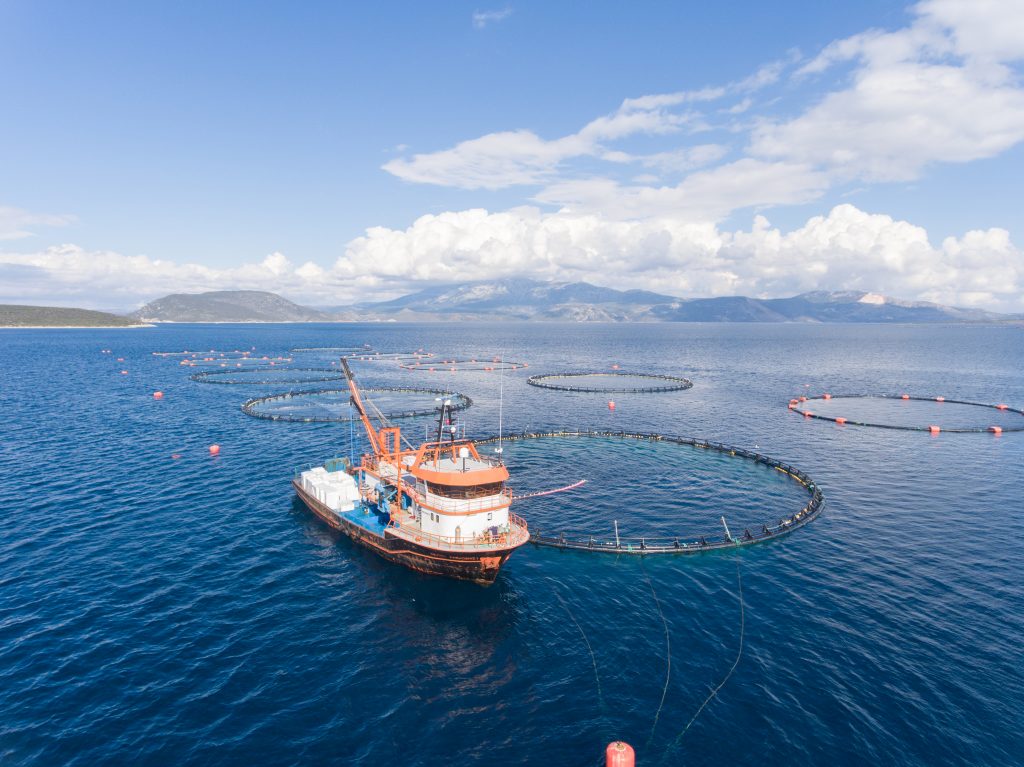In twenty years from now, will the World have enough fish to feed our growing population? – “Not if that fish comes from wild fisheries. The hundreds of millions of tonnes of extra fish we will need will have to come from fish farms.” (Professor of Aquaculture and Fisheries Johan Verreth, from Wageningen University & Research).
Since recent years, sustainability became one of the most repeated words around the World. On the other hand, if we look at the way we’ve been treating our planet and the consequences that will come from our actions, we can see that our future and the future of our next generations seem quite scary.
In some cases, the future is actually happening right now.
What does sustainability mean?
Being sustainable is simply using the resources we have available and let them grow again so we don’t deplete their stock. These resources meet our needs, but if we lead them to extinction, we will be compromising our needs and create a chain reaction in the whole ecosystem of our planet.
Our oceans are known today as the “big plastic soup”. Marine animals, including the ones we eat, are eating that plastic and overall the fish stock is disappearing due to massive fishing exploitation. Since the 1980s that global fisheries kept a capture rate of about 90 million tonnes. This astounding number is erasing most of the marine life at a faster pace than marine life can handle. Fish populations are getting smaller and individual fish don’t have time to mature and reproduce. It is not surprising that at this moment, around 30% of the whole marine fish stocks are considered as fished to unsustainable levels.
Why is tilapia a sustainable solution?
Raising the fish we eat through aquaculture turned out into a vital alternative to open sea fishing, giving us a colossal 50% of all fish consumed by humans. Tilapia makes a great part of that percentage. In fact, Tilapia is the second most commonly consumed fish and its production has increased exponentially over the years. It is considered one of the most important fish in aquaculture, supplying the World with more than 1.5 million metric tonnes, yearly. This is possible due to tilapia’s capacity to grow in different conditions and thrive in low input systems.
In addition, fish consumption represents a key nutritional element to over 70% of the global population, living by the sea and relying on fish protein as their basic food.
Farmed tilapia is not only considered as beneficial to our health. It creates a positive impact towards the on the environment at a crucial time when many marine stocks are being depleted at an unforgivable pace.


